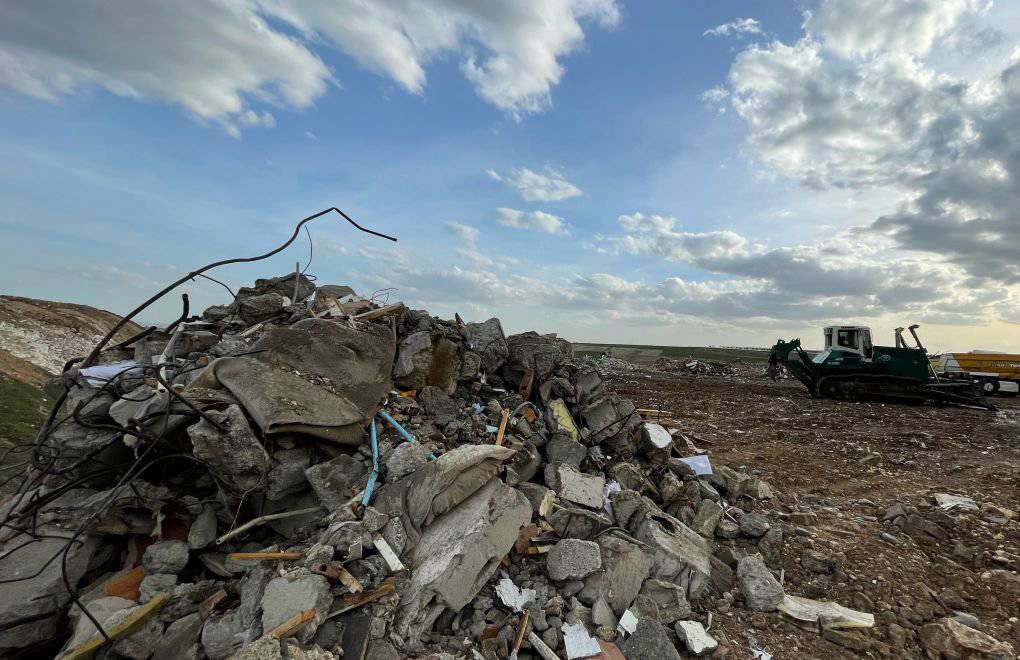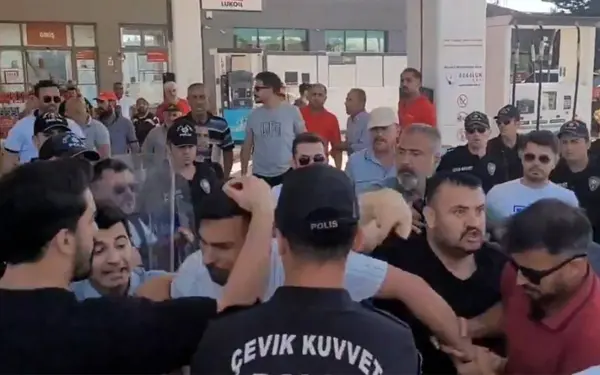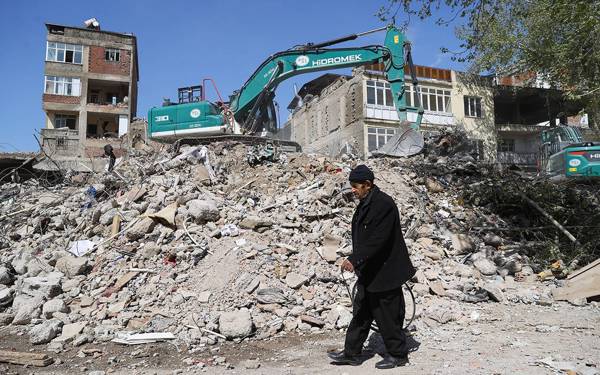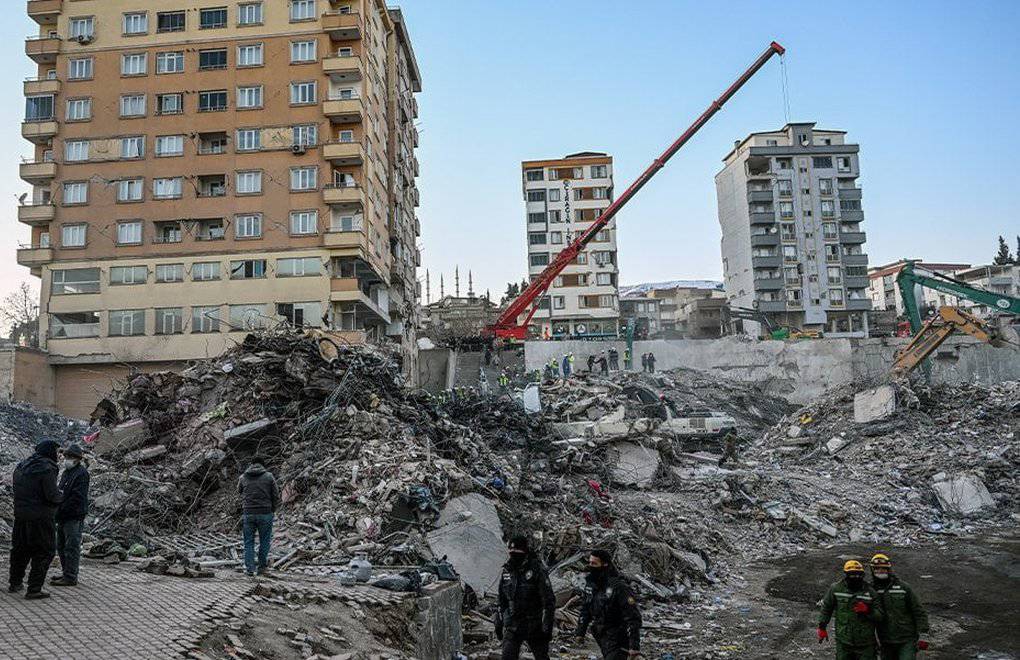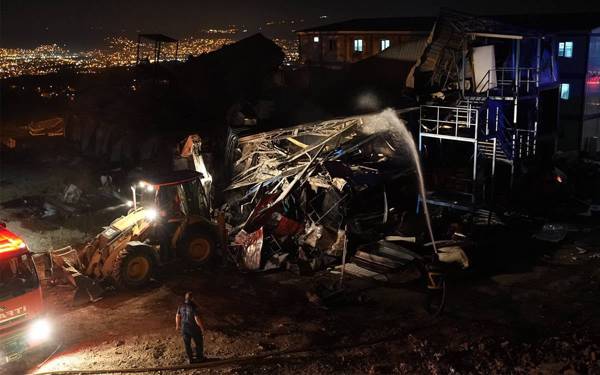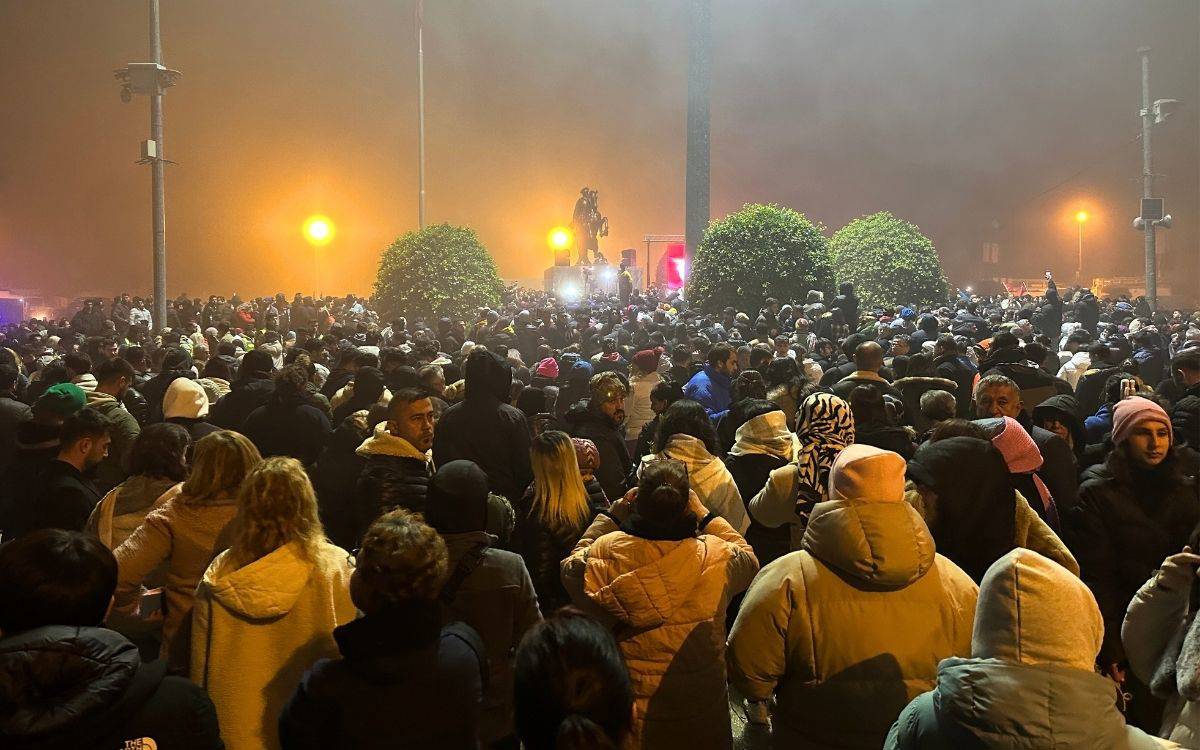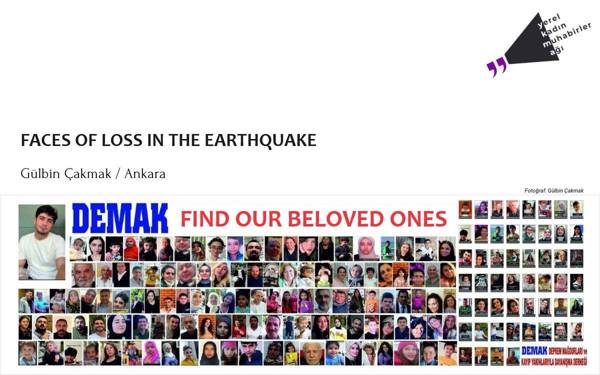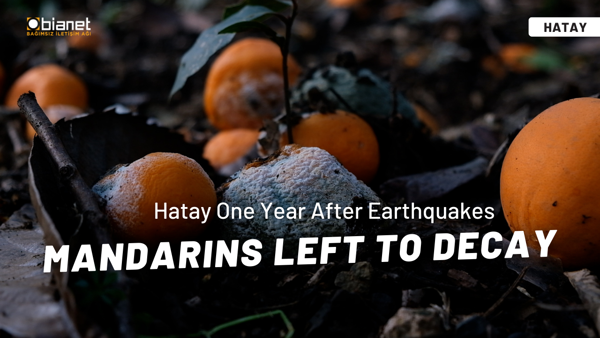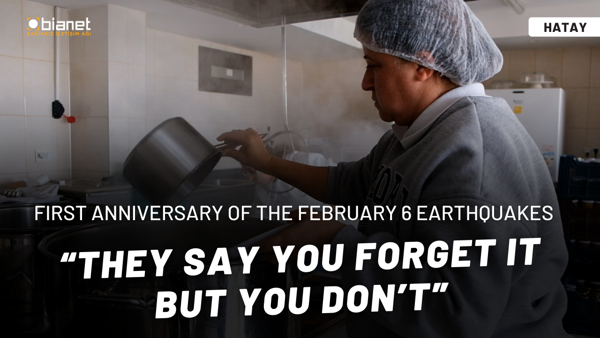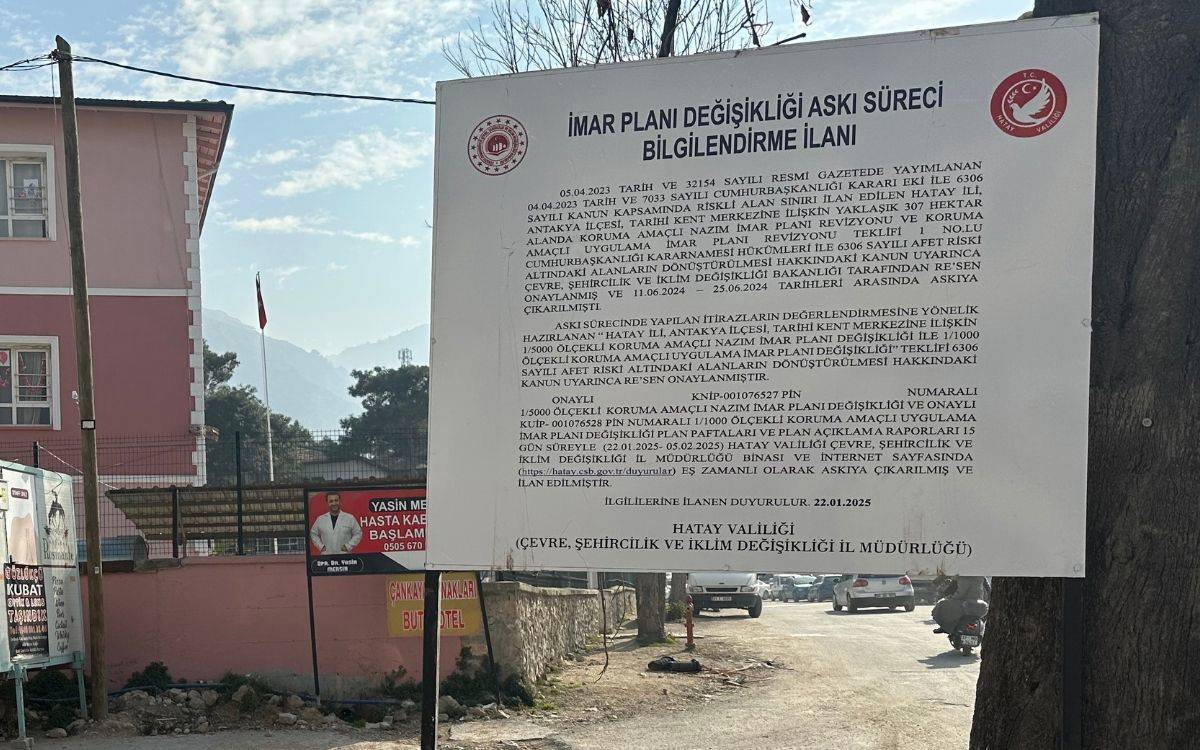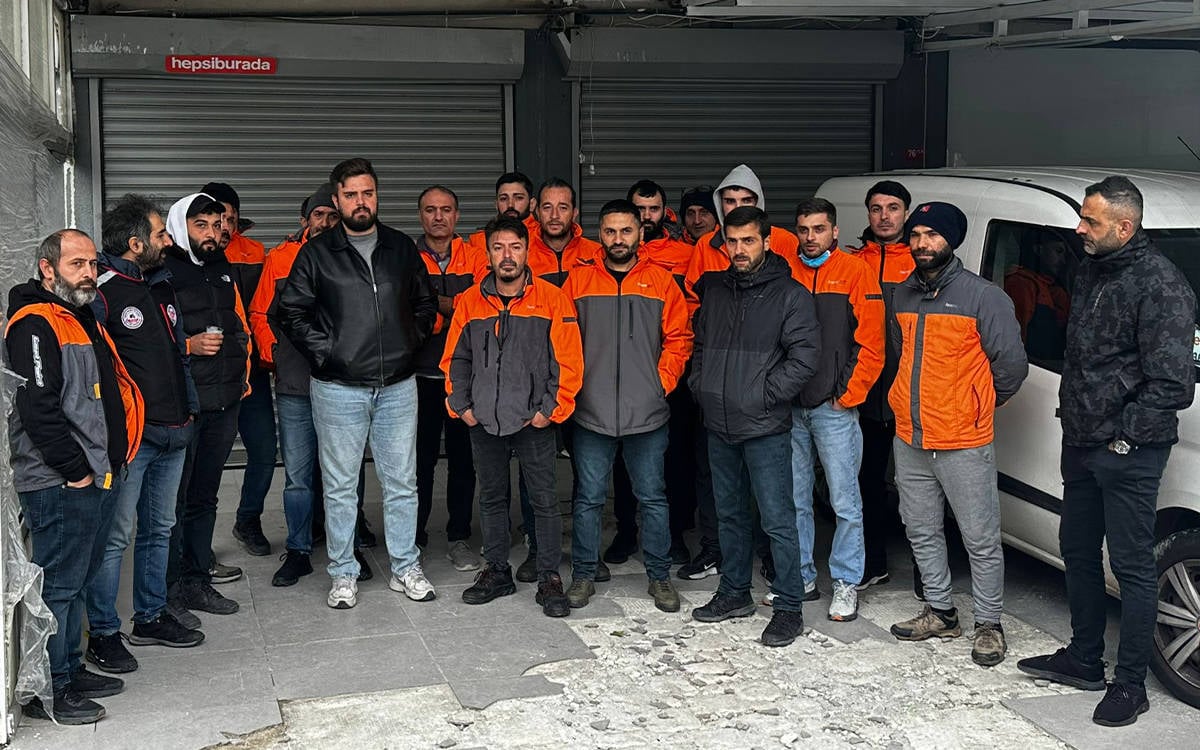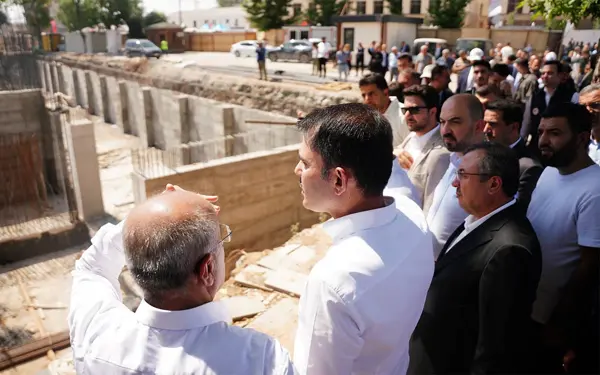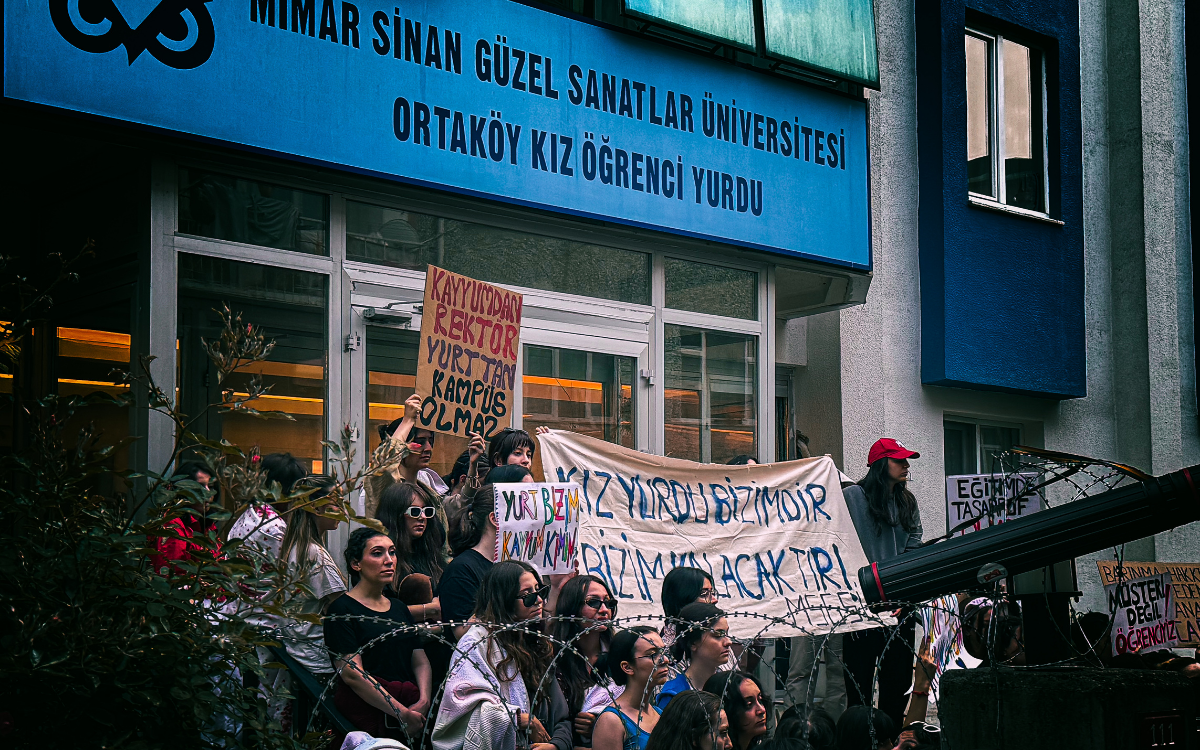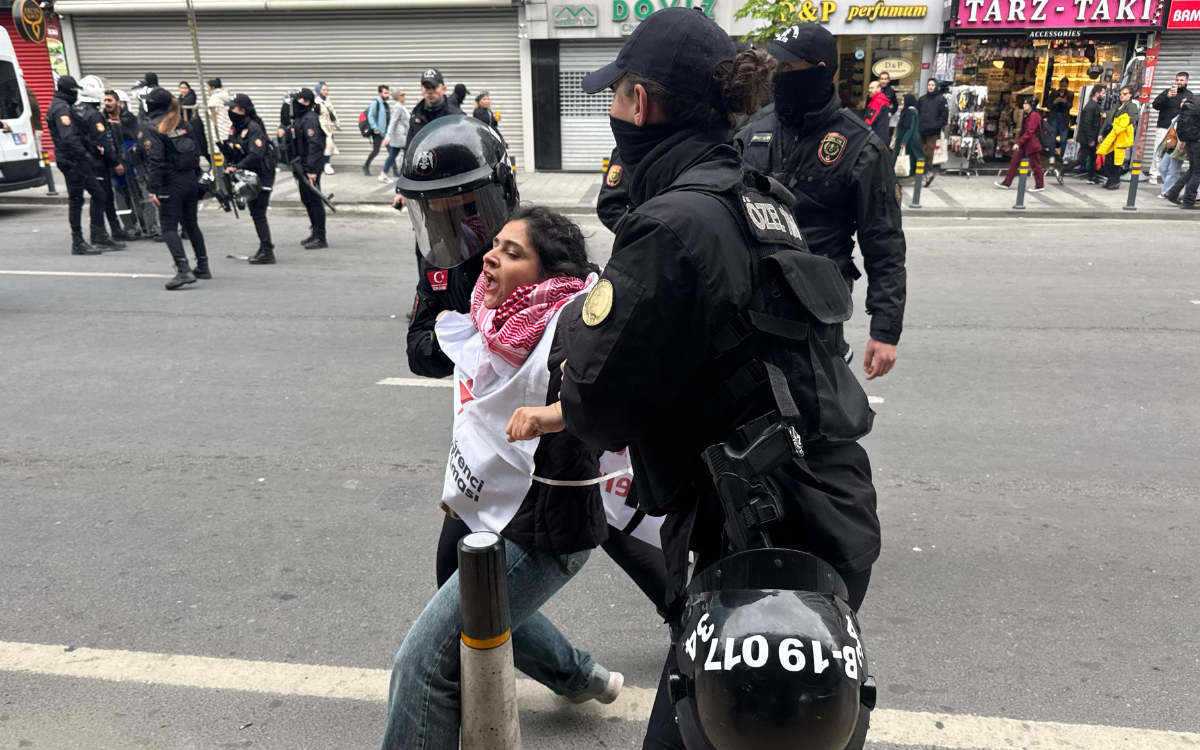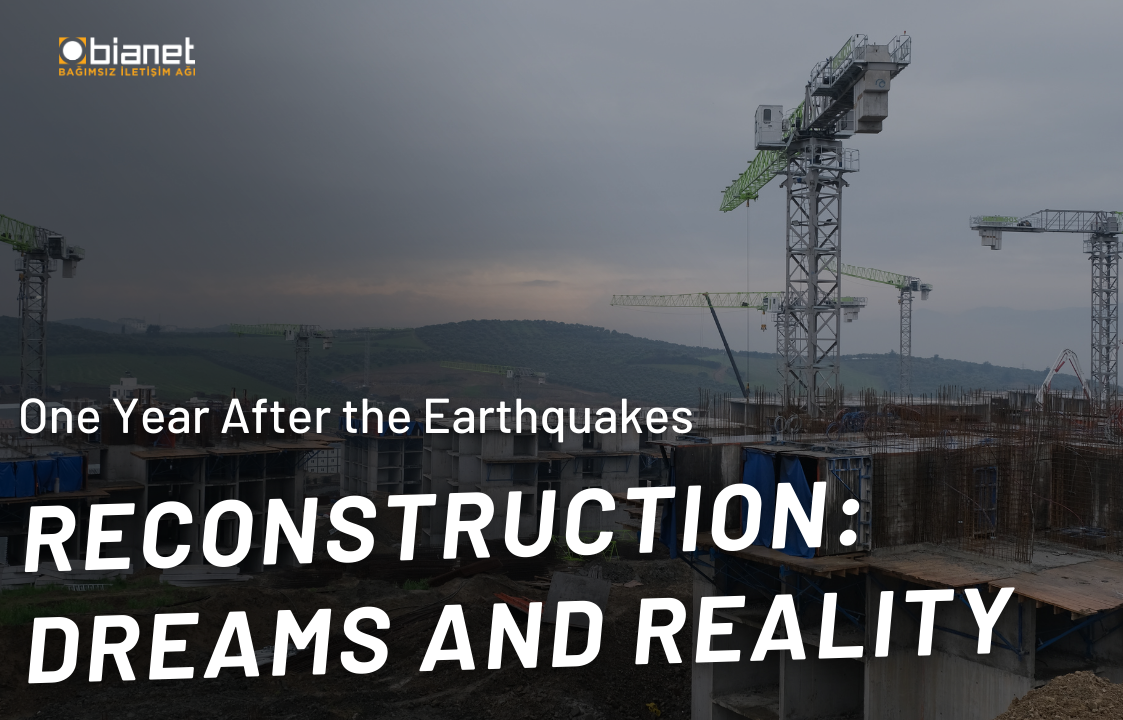On the eve of the first anniversary of the February 6 earthquakes, our focus returns to the issue of housing. We find ourselves discussing a problem that remains unsolved over the past year and seems unlikely to find resolution this year. Yet, the lofty words spoken and ambitious goals set immediately after the earthquake still linger in our minds. For those who may not recall, let's briefly revisit:
"Our goal is to build a total of 650,000 residences, with 319,000 to be delivered to earthquake victims within a year." - President Recep Tayyip Erdoğan, Gaziantep-Kilis Disaster Housing Groundbreaking Ceremony, March 31, 2023
Let's return to the president’s most recent statement:
"God willing, within two months, we will complete the delivery of 75,000 residences throughout the earthquake zone. Our aim is to continue delivering 15,000 to 20,000 residences and village homes to their rightful owners every month in the following period. Thus, by the end of the year, we will have delivered 200,000 houses, significantly fulfilling our promise to complete construction within a year of laying the foundations."
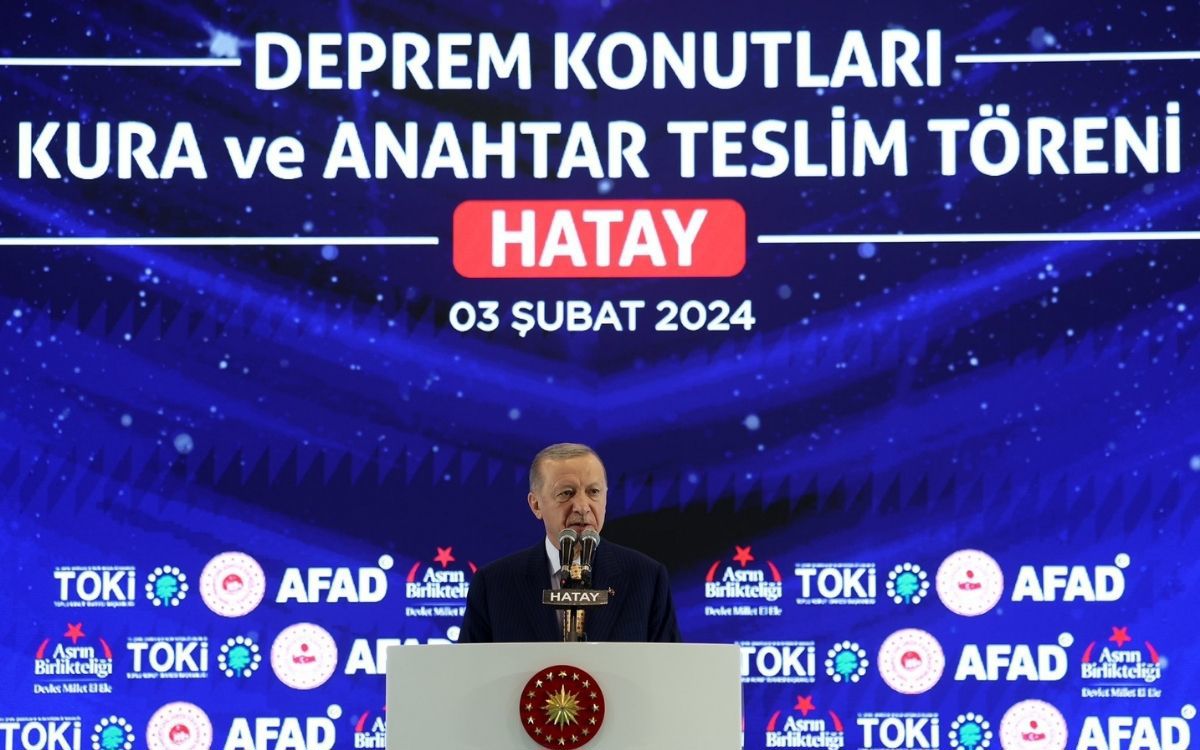
Erdoğan made these remarks on February 3, 2024, during the "Earthquake Housing Lottery and Key Delivery Ceremony" in Hatay. On the same day, 7,275 houses were delivered in the city, equivalent to approximately 3% of the planned housing projects in Hatay. The announcement was made by the Minister of Environment, Urbanization, and Climate Change, Mehmet Özhaseki, on July 16, 2023:
"In our city of Hatay, the city of civilizations, we will build a total of 254,195 residences, including 220,066 disaster houses and 34,129 village houses."
The official website of the Housing Development Administration of Turkey (TOKİ), affiliated with the Ministry of Environment, Urbanization, and Climate Change, lists 35 disaster housing projects in Hatay. These projects are being implemented in 12 out of Hatay's 15 districts (Antakya, İskenderun, Defne, Arsuz, Samandağ, Kırıkhan, Altınözü, Dörtyol, Payas, Kumlu, Belen, Hassa). According to information reported in the local press, the remaining three districts (Erzin, Reyhanlı, and Yayladağı) are witnessing the construction of "village houses."
However, many of the construction sites were in peripheral areas of the city and rural areas designated as "reserved construction areas," which are facing serious infrastructure deficiencies. Due to infrastructure costs, construction activities shifted from rural areas to "on-site transformation" projects in urban centers.
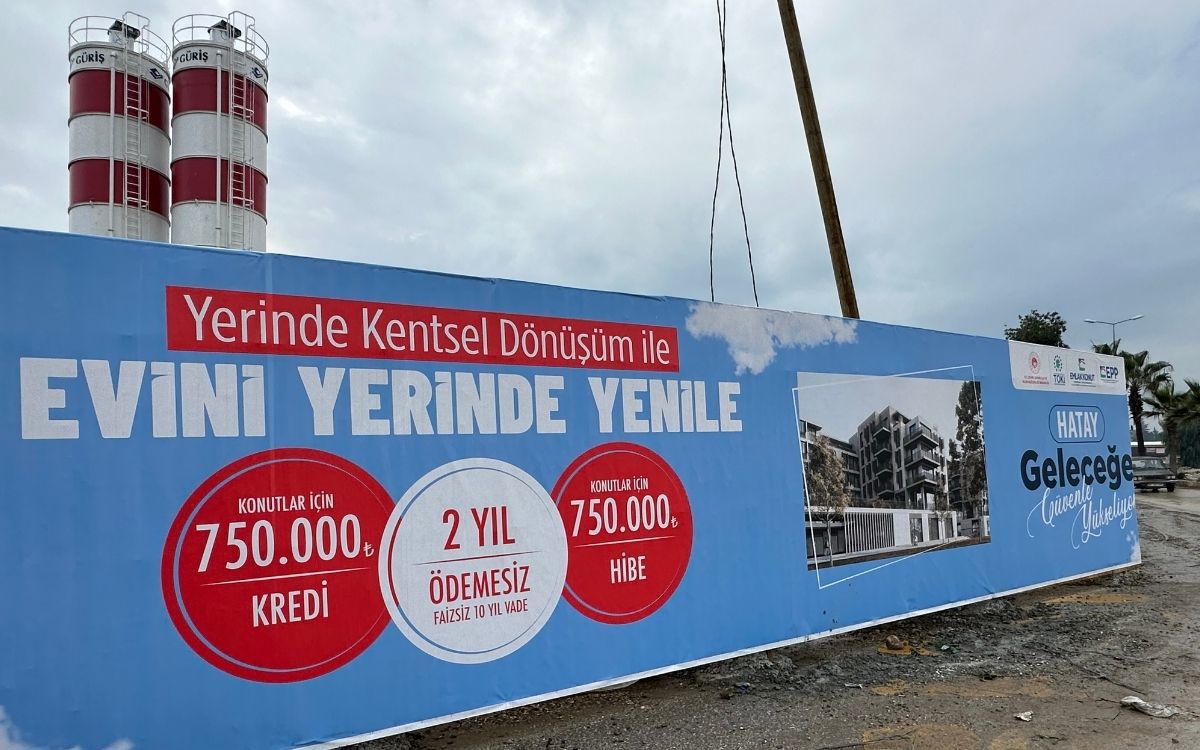
What is a reserved construction area?
In applications carried out in accordance with Law No. 6306, known as the "Urban Transformation Law," areas determined by TOKİ or the Civil Authority or determined ex officio by the Ministry, are considered reserved construction areas. However, with amendments made on November 9, 2023, the definition of "reserved construction area" in the law was also changed, allowing for the expropriation of existing settlement areas.
Construction on the slopes of Mount Amanos
Dikmece is a village situated 10 kilometers from the center of Antakya, nestled at the foothills of the Amanos Mountains. Its Arabic name is "Tillit Ahmar," meaning Red Hill. Clearly, the name draws inspiration from its fertile red soil.
According to official records, the population is 2,568, but as is the case in most rural areas, the population has increased after the earthquake. The main source of livelihood for the villagers is agriculture, particularly olive farming.
Dikmece, which experienced relatively minimal destruction during the earthquake, faced the real devastation in the aftermath. Lands with olive groves were expropriated as part of disaster housing construction. Since May 22, 2023, the people of Dikmece have been fighting against the seizure of their lands and the loss of their main source of income, the olive groves.
Meryem Kutlu, 35, describes herself as a "native of Dikmece, born and raised."
"Since my childhood, my father and I have been making a living through farming, and we have always stayed here. We are engaged in olive farming because there is no transportation here. Due to transportation issues, we cannot participate much in external employment. So, we are constantly here."
Meryem is absolutely right about the "lack of transportation." On the road to Dikmece, we encountered numerous challenges. Potholed, muddy roads, construction machinery and trucks emerging from all sides... "Our roads were like this even before the earthquake," says Meryem. The only change is the increased traffic due to construction activities.
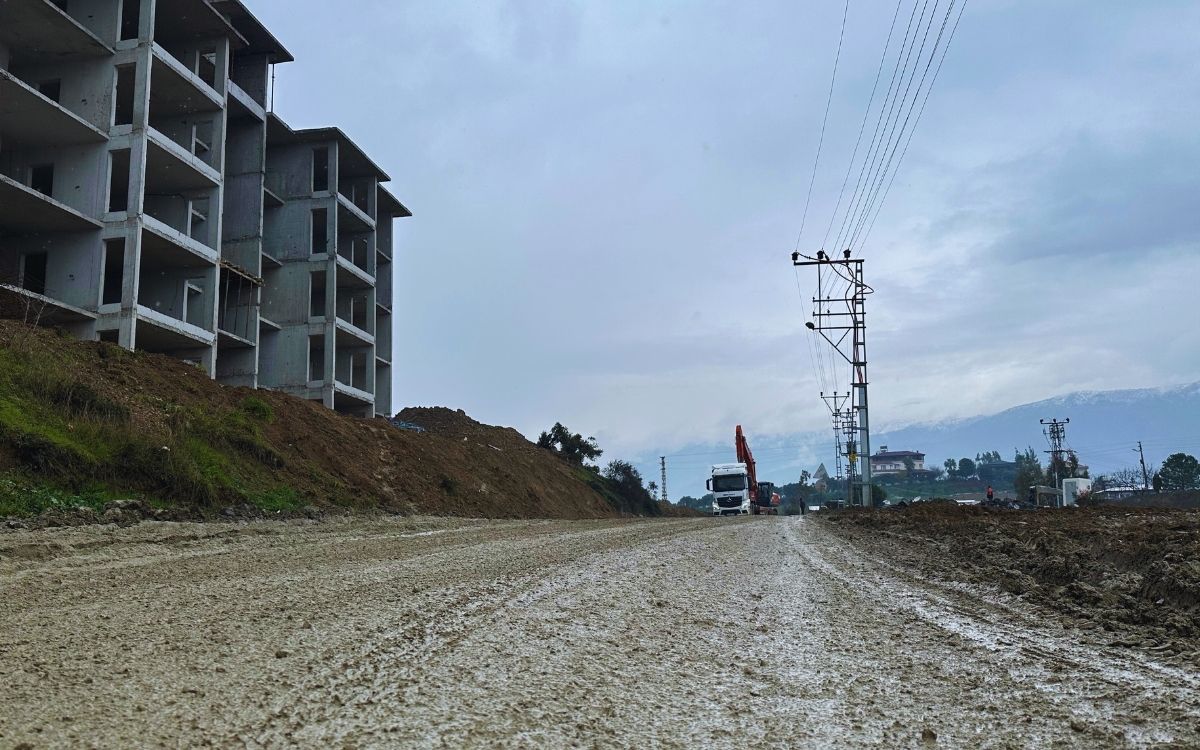
She recounts that she experienced the February 6 quake with her husband, two children, and her niece who was at their home that day.
"I bought a house by taking a loan from the bank. It is here, in the upper neighborhood of Dikmece. I cleared my loan in January 2023. In February, the earthquake occurred, and my house collapsed. This was a really huge loss for us."
But, as Meryem says, the "most painful thing" is "One’s city dying. Our city died. Every time we go there, it hits us in the face once again."
After the earthquake, Meryem says the most severe destruction occurred in the lower neighborhood of Dikmece, with a total of 56 houses collapsing in the village. While describing how aid was delivered to the village by helicopter, she sadly smiles. "The helicopter descended a bit and threw snacks at us, as if feeding animals. There was also a pack of diapers or something. And they left. But no one came to ask if there were any casualties, missing persons, destruction, or if we were okay. The gendarmerie arrived three days later."
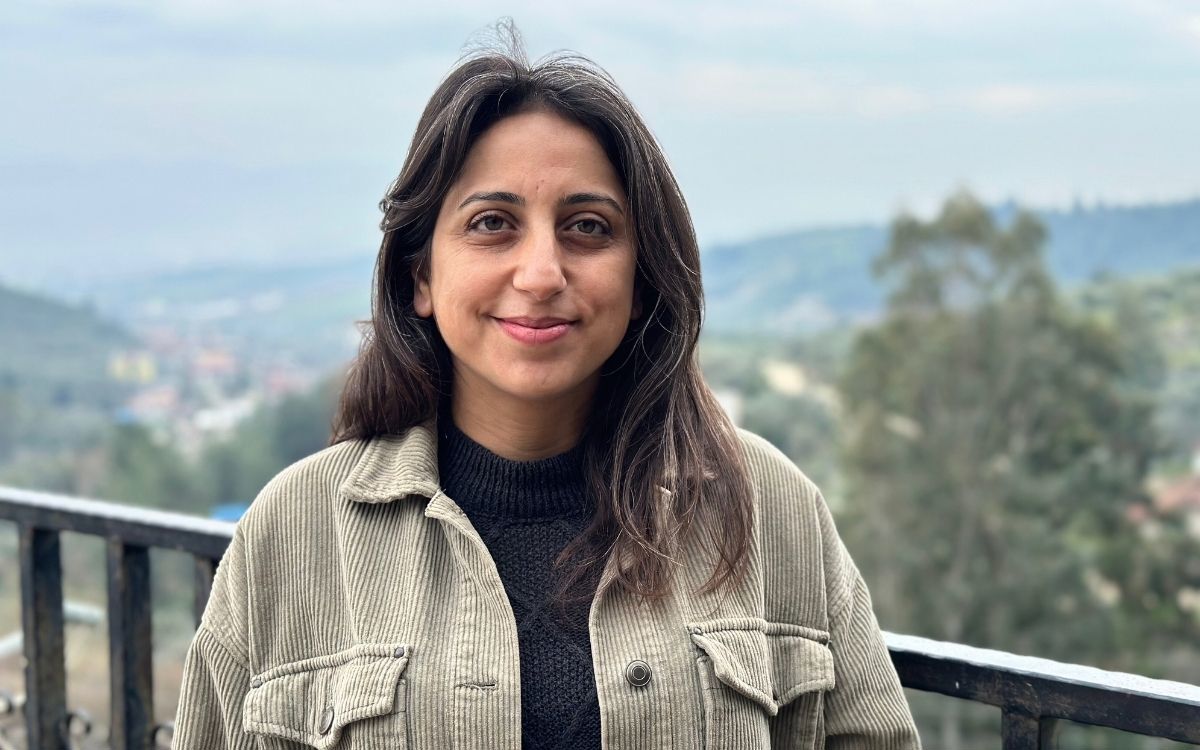
If TOKİ projects are completed…
After the earthquake, Meryem had to go to Mersin for a while for her children's education. "This was really difficult. After a big disaster, when the children are already in a bad condition, it was very hard for them and for me to be separated from their father. My husband had to stay and work. He works as a roller operator, and if he didn't work, we would be in a pretty bad situation."
When summer holiday came, they returned to the village. Although the expropriation had not started in Dikmece, there were rumors in the village that disaster houses would be built on the treasure lands on the mountainside.
"We were actually very happy," says Meryem, they thought that public services would come to the village when houses were built. She then quickly lists the "never-arriving" services: "Our roads are always terrible, our drinking water is muddy. We cannot use tap water anyway. Of course, we have to wash, and there are many skin diseases here, especially in children. It was like this even before the earthquake. Now it's even worse."
However, it was soon understood that the essence of the matter, the houses would be built on expropriated olive groves to their own lands. "How can they take over our titled lands? Did anyone come and ask us, 'Do you want to sell?' What about the olive groves? There is a law protecting olive groves in this country, how can this happen?" Unanswered questions...
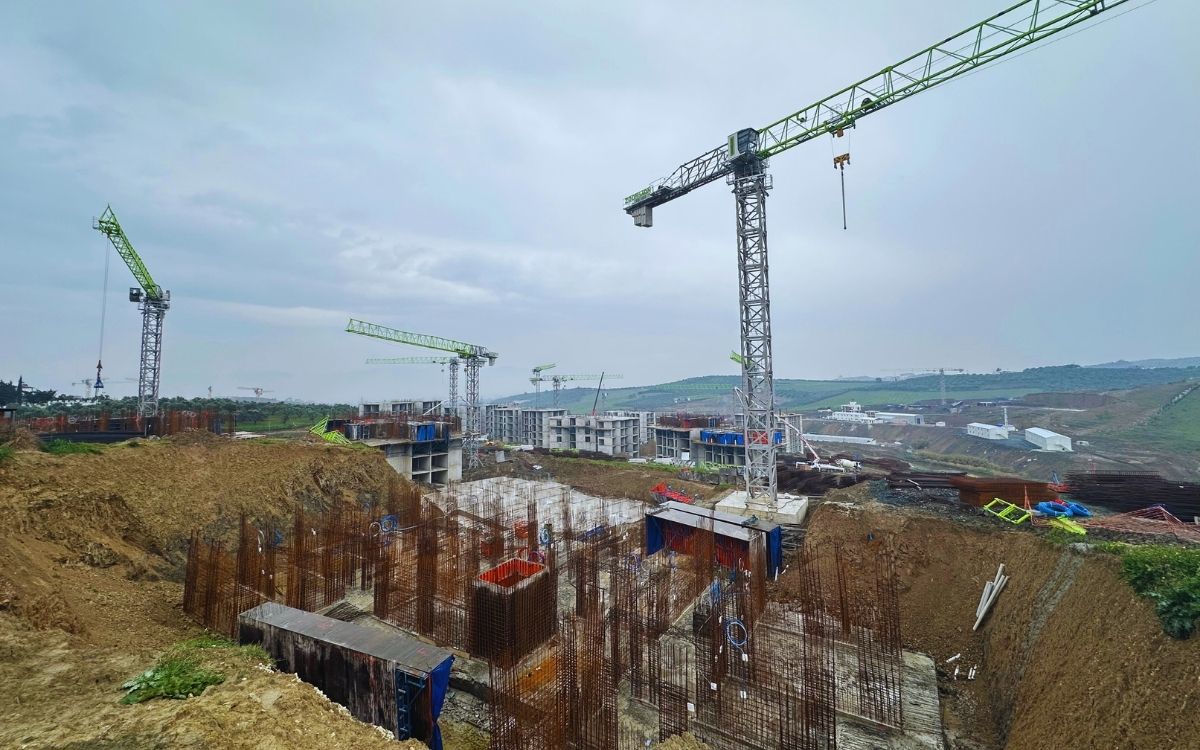
"With these expropriations, 80% of the village is going away. We had to set aside all our pains to protect our living spaces and started to resist," says Meryem. During the resistance that has been going on for about nine months, she recounts sometimes entrusting her children to relatives and sometimes taking her children with her, standing guard in the fields under the sun or in the rain. She says, "Sometimes we chased trucks, stood in front of TOMA [riot control vehicle] and the excavator."
Months of interventions by law enforcement, vigils, marches, and legal struggles, spanning more than 250 days...
Nevertheless, Meryem says "olive." When she talks about the connection between a Dikmeceli and the "immortal tree," or their loyalty to it, you understand the source of their resilience.
"This olive never left us hungry. Even when the yield was low, it always fed all of us. My father has six children. We always got productivity from this land, we never went hungry, the land never left us hungry. But now these lands are being taken from us, we are being deprived of property."
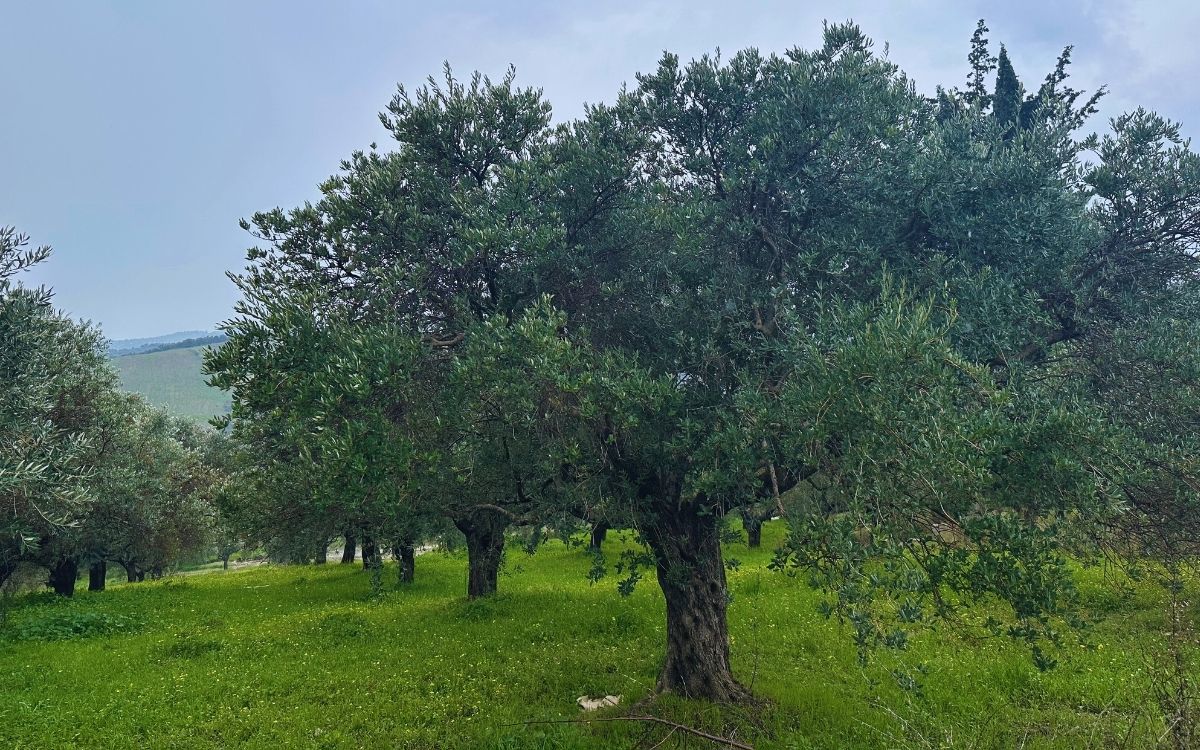
Leaving Dikmece behind, we go to inspect the disaster housing construction on-site. When we arrive, we see rising constructions on one side and two makeshift shacks, two tents, and a container on the other side. A Dikmece resident who sees us invites us to his shack. There are four families, including his own family, his 81 and 77-year-old parents, and his brother and his son's families. About 10 people. They are guarding over the wreckage of the family apartment building that collapsed in the earthquake.
"We have olive groves behind us. Expropriation did not hit us. But what if it does? That's why we're here. Even if we die, we won't leave our lands, we won't leave here."
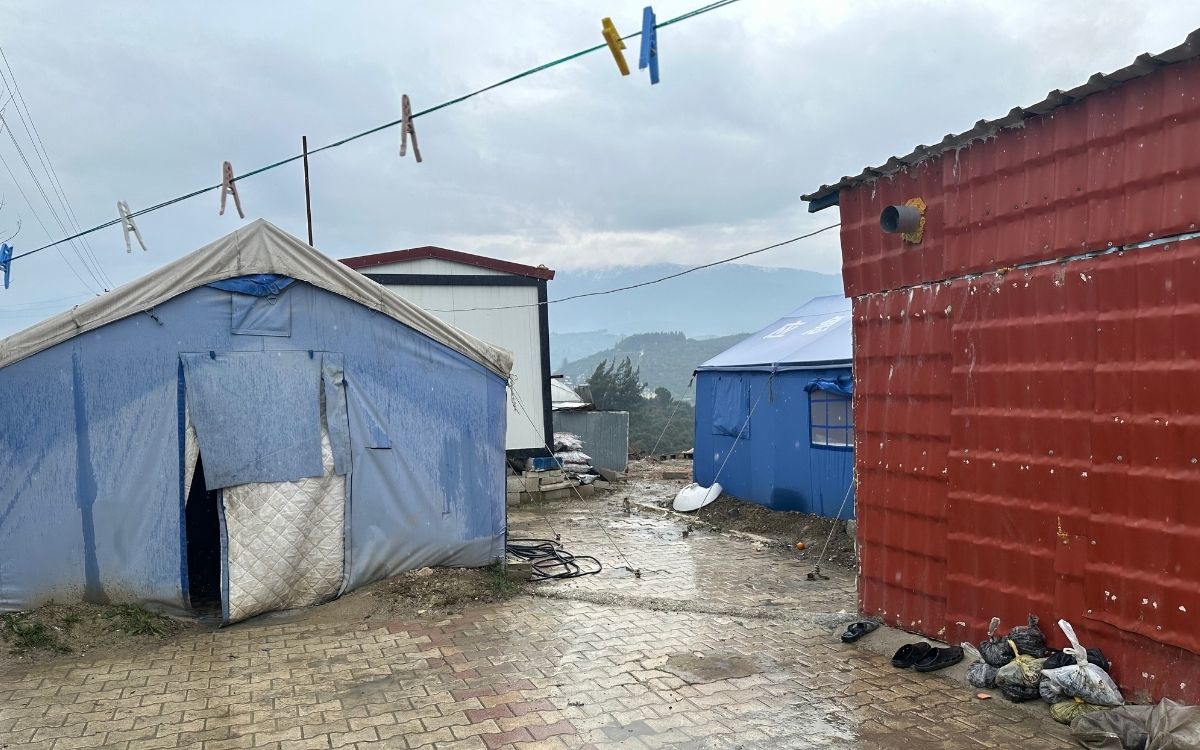
Lawyer Alkan: Construction activities shifted to the city center
Ecevit Alkan, Chair of the Hatay Bar Association Environmental and Urban Law Commission, evaluated reconstruction efforts, reserved areas, and on-site transformation in Hatay:
"Shortly after the earthquake, in March, locations [for new housing] were determined. At the foothills of the Amanos Mountains... from Toygarlı, Orhanlı, Gülderen, Dikmece to Topboğazı, 19 regions were declared reserved areas. These were outside settlement areas. There are pasture areas, forest areas, agricultural areas... After the elections, the central government, realizing that it could not handle this and that this was not the right method, turned to in situ transformation. This time, projects in places like Dikmece slowed down. They started shifting the weight to the city center. Settlement areas in the city center were declared reserved areas. Actually, before declaring the reserved area, the historical city center of Antakya was declared a risky area. Many registered and unregistered cultural assets were removed with excavators. It was all to speed up the debris removal efforts. However, it caused great cultural damage. After November, the west of the Orontes River was declared a reserved area.
“Satellite cities require a certain infrastructure cost. Roads will be built there, water, electricity, natural gas will be provided. And 60% of the TOKİ houses to be built will be donated, the remaining 40% will be paid by the citizens over 20 years. So what will they do in the reserved area in the city center? Will they expropriate? No. The citizens will build houses on their own property. Will they do road expropriation? No. There are already roads. Will they make infrastructure investments? Well, that area already has some infrastructure. So, they will make relatively less expenditure compared to satellite cities. However, they will still sell the buildings they build on citizens' own properties for money. In fact, we are trying to oppose this. We are trying to explain that it should not only be a minimum payment but should be free.
"Right now, no one is speaking with data. Or rather, data reliability is not guaranteed. For example, it is not known how many people died in Hatay. For instance, how many people died in the Armutlu neighborhood? What is the situation of the deceased, their heirs? If a key is to be given for each apartment to be built here, will all these people be distributed as if they were alive? Or do heirs want to stay here? Do heirs have the means to pay for these apartments? We don't know without doing a social study. Just building without doing this is not right."
2023 Maraş Earthquakes
On February 6, 2023, earthquakes with epicenters in the Pazarcık and Elbistan districts of Maraş, registering magnitudes of 7.8 and 7.5, respectively, resulted in destruction in 11 provinces in Turey’s eastern Mediterranean, Southeastern Anatolia, and Eastern Anatolia. The earthquake also caused significant damage and losses of life in Syria and the tremors were felt in almost the entire Turkey, as well as in various parts of the Middle East and Europe.
Maraş, Hatay and Adıyaman suffered the heaviest destruction. In addition to these cities, a three-month state of emergency was declared in Adana, Antep, Elazığ, Diyarbakır, Kilis, Malatya, Osmaniye, and Urfa.
According to official data in Turkey, 50,783 people lost their lives, more than 100,000 people were injured, and 7,248 buildings, including public buildings, collapsed during the earthquake. Approximately 14 million people were affected by the disaster. After the disaster, more than 2 million people faced housing problems, and at least 5 million people migrated to different regions.
Hatay was hit by two more earthquakes, measuring 6.4 and 5.8 magnitudes, on February 20, 2023, with the epicenters in the Defne and Samandağ districts. Some buildings heavily damaged on February 6 collapsed due to these earthquakes.
(VC/AD/VK)






